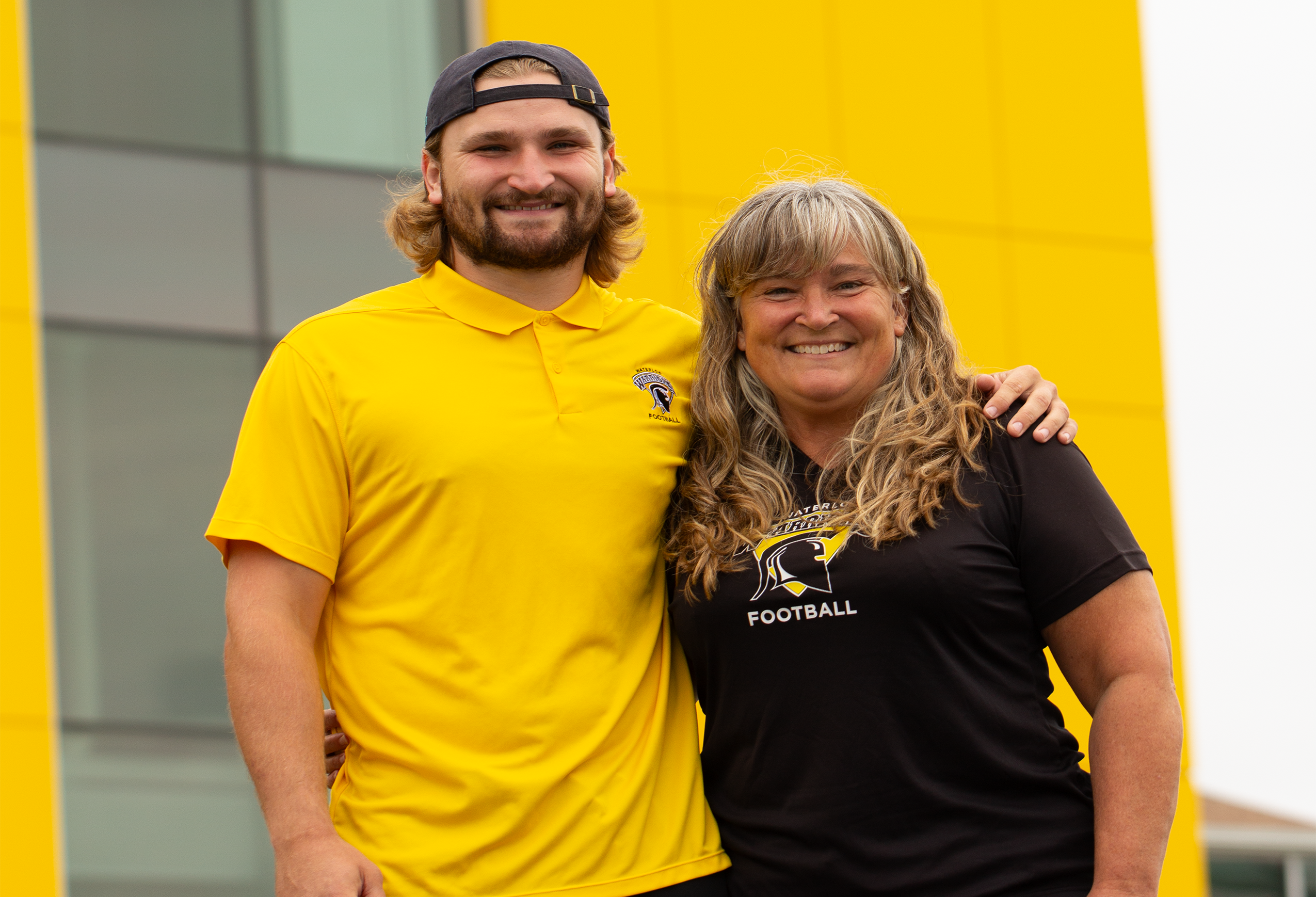An unexpected path led UW engineering alumni Yuri Quintana from being a professor at Harvard Medical School to developing software to help teens take care of their own mental health during the pandemic.
Quintana acknowledges the benefits that technology offers society as a whole, but is also keenly aware of how it may affect impressionable young adults’ lives in negative ways. The Canadian Pediatric Society says that “high school students now spend more than 7.5 hours per day on various screens, with 20 per cent of high school-aged children logging five hours per day on social media alone.”
Our current pandemic has only exacerbated this issue as limited social interactions only promote more screen time for teens. Quintana believes that current mental health apps are not designed to fit their roles.
“Many of them don’t get used and part of it is that the style, the content, and the way in which people connect to them haven’t been designed in proper ways or evaluated in proper ways.”
Quintana does have faith in technology’s ability to do good for society. “When properly applied, it (technology) can certainly provide more access to services, to knowledge and support services and we’re trying to help individuals as well as organizations use that technology in the best way possible.”
Quintana intends on changing this by integrating applications with existing models to adapt to society’s needs, as he thinks that the mental healthcare system in place right now is especially fragmented.
A specific issue he evaluates is the scope of mental health applications through attributes of each application, such as target audience, age, specific mental illness, phase of recovery, and how it can link to existing mental health resources.
Lastly, he hopes that with the help of his application, the youth of today will be able to navigate life with less stress and be happier without the chains of technology, so they can become the responsible autonomous adults of tomorrow.
































